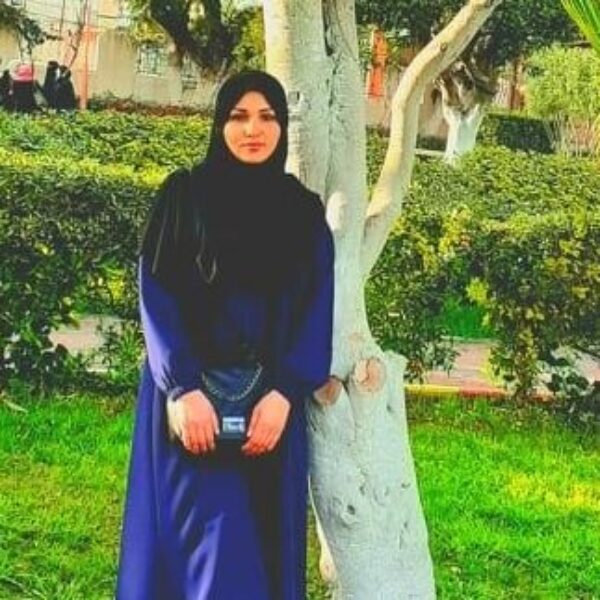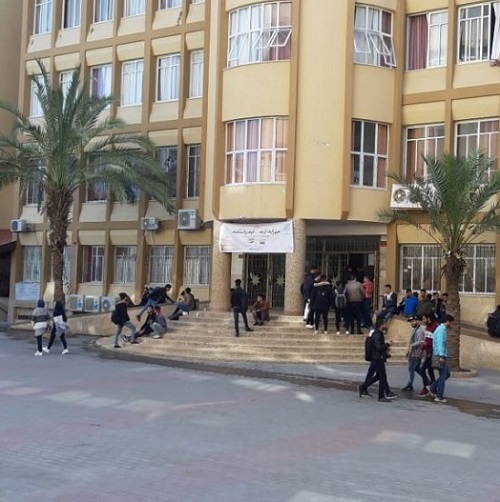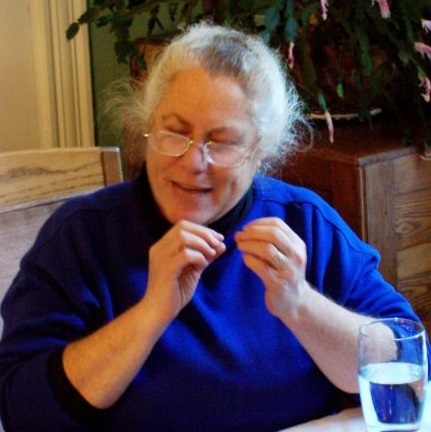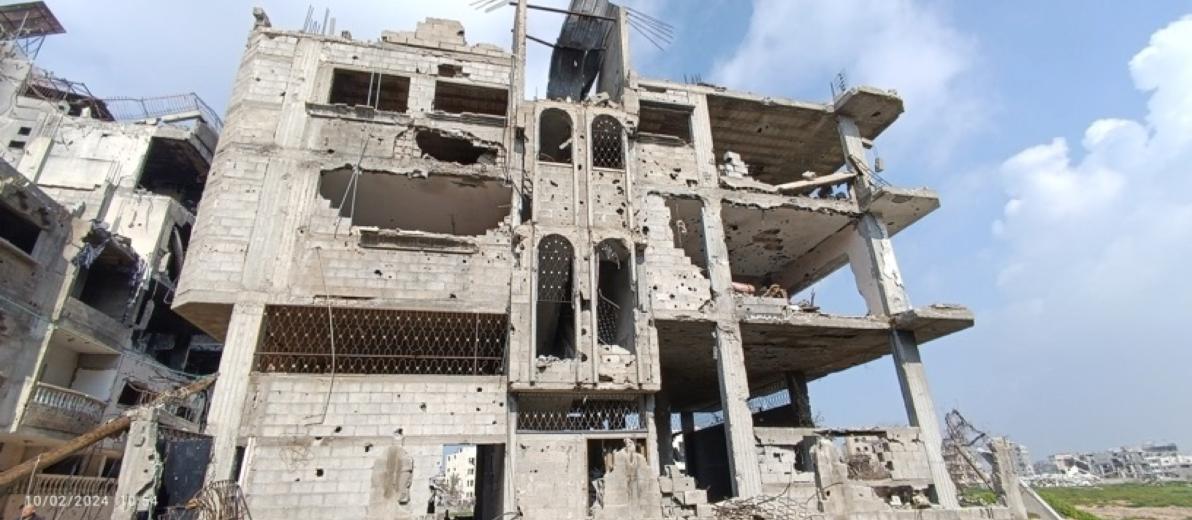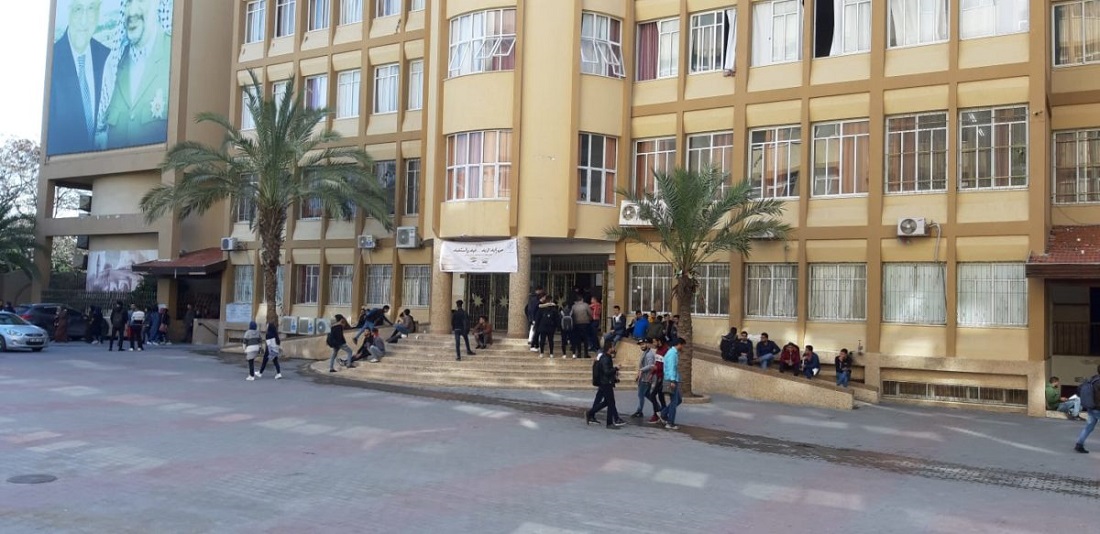
To begin, I would like to introduce myself, but I will not mention my name, unfortunately. Do you know why? Because I see myself as a copy of thousands of other Gazan citizens who live the same life every single moment.
I am a university student who lives in the Gaza Strip – the biggest prison in the world. Waking up every morning and living a new day in Gaza requires a strong will and great determination, especially if you are a university student.
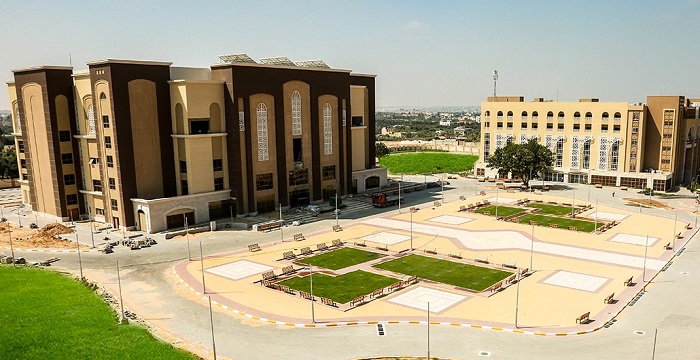
Credit: Al Fanar Media
My way to the university
The first lecture begins at ten o'clock, and I have to wake up three hours earlier to catch the bus, which is cheaper than a taxi. Sometimes I have to remain standing all the way because there are not enough seats. The bus is designed for only 50 persons, but in reality more than 100 students huddle in the seats and aisle.
Exam time
For other students and myself, exam time is like the time of judgment. We are not allowed to enter the examination hall unless we have paid the university tuition. The university administration demands that we pay its fees, though many students depend on their parents’ salaries, which were slashed to 60 percent or cut off completely by the Palestinian Authority.
On the other hand, the university is subject to a possible fiscal deficit, so dismissing the students who did not pay their tuition is the only way to avoid a crisis. As a result, clashes occur between the security staff and students who insist on attending the exams, which makes the administration take the measure of delaying the exams to another time for all of us. Indeed, both the students and the university are under the pressure of force majeure imposed upon them.
Summer days
In the summer, I come back from the university dripping with sweat and dying for a shower, yet I find that there is no water in the taps. I try to hold my temper and turn the fan on so that I have some cold air.
Unfortunately, there's no electricity to work the fan. It will not come on for another eight hours. People in Gaza are suffering from many serious problems; water and electricity crises are at the top of the list. The electricity blackout in Gaza can last up to 12 hours every day, which directly affects the water supply in the whole Strip.
Going to the sea
At night, I call my friend to go with me to the sea, so that I can run away from the darkness spreading in my house.
My friend knows what is waiting for us, yet there is no other choice. Seventy percent of the seawater in the Gaza Strip is polluted with sewage coming from the pumping stations, so it is normal to walk a long distance alongside the sea to find a clean area and some fresh air.
At night
At the end of my day, I lie down on my bed, staring at the wall, and begin the journey of my thoughts.
There are many questions that come to my mind all at once, most of them related to my future after graduation. Am I going to join the army of thousands of unemployed graduates? Will my effort and suffering during four years of studying go to waste?
I think a lot about leaving the city and traveling to a better place, using any means – even illegal means – to do so. On the other hand, I cannot leave my family and friends.
It is not an easy step to leave my own home for someplace where I am treated as a stranger. Perhaps I am luckier than other youth who lost their legs or arms during the Israeli occupation. They lost even the dream of traveling outside their doors.
I hope that there is still a chance of changing our circumstances and turning our big prison into a big paradise.

